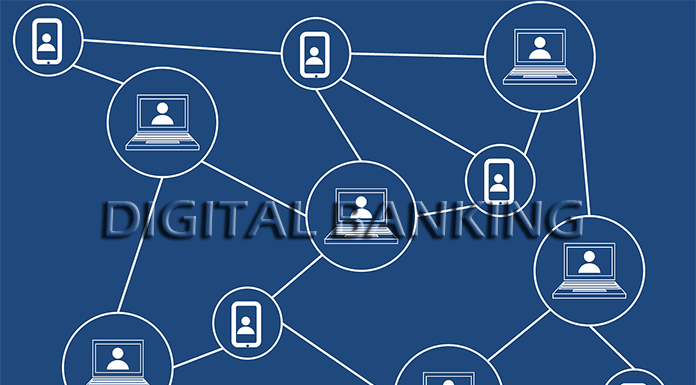Blockchain has the potential to provide a universal distributed system that can be used by several retail banks to drive efficiency and bring systems together allowing improved quality of service, opening up options for new products and services, says UK-based data analytics firm GlobalData.
“The need of the hour is to focus on domains where the legal, regulatory, or political environments hinder the establishment of a central controlling authority, crucial for the commercial adoption of blockchain,” said Sean Harrison, Retail Banking Analyst at GlobalData.
Banks globally have been testing the blockchain technology for some time now, either to implement in their core banking system or integrate into their traditional systems. 2018 has been witnessing the discussion around blockchain move beyond the initial excitement of ‘blockchain will fix everything' to a clearer and more considered view of its most appropriate use cases.
The research firm said that blockchain could potentially transform the global retail banking system in the areas like smart contracts, know your customer (KYC), payments, fraud reduction and customer management.
One of the most promising applications of blockchain technology is the smart contract. It enforces the obligations of all parties in a contract – without the added expense of a middleman. In case of complex processes such as mortgages, process steps could be automated into smart contracts. Benefits of putting key actors on blockchain could include creating shared copies of legal agreements and full electronic audit trails, expedite funds release, and reduce the time from contract exchange to completion. Banco Santander is piloting use cases around precisely this.
Banks spend millions of dollars annually to keep up with KYC and customer due diligence regulations. Blockchain allows the independent verification of one client by one organization to be accessed by other organization so the KYC process wouldn't have to start over again, which in turn reduces the cost burden on banks. The reduction in administrative costs for compliance departments would be significant. Dozens of start-ups are working on building blockchain systems for customer identification, including Cambridge Blockchain, Tradle, Credits, and Blockstack.
The transfer of value is an expensive and slow process, especially for cross-border payments. If a customer wants to transfer money from France to their family in The Gambia, for example, it takes a number of different banks (and currencies) before the money can be collected. Blockchain can speed up and simplify the process, cutting out many of the traditional middlemen, while significantly reducing the costs (certainly as compared to a service such as Western Union).
As most banking systems are built on a centralized database, they have one point of failure rather than many, making them more vulnerable. Blockchain's distributed ledger would eliminate some of the current crimes being perpetrated online, as it stores, encrypts, and verifies every single bit of data in a transaction. In the event of a breach or fraudulent activity, it would be made immediately obvious to all parties that have permission to access the transaction data on the ledger.
Finally, the transparency and traceability of blockchain technology can improve the effectiveness of loyalty and rewards schemes as part of performance management systems. After all, employee sentiment and use will only improve if rewards are actually delivered and companies and their employees can agree on whether a certain transaction has taken place.
“The fear of missing out in blockchain is palpable, but in the rush not to miss the boat incumbent banks must make sure both that they take the time to get any deployment right and create value that impacts their customers. Small-scale experiments and pilots will help shed light on any unconsidered problems and on any issues of integration with existing systems,” said Harrison.
“Regulators across the world, especially in the financial services sector, are expected to scrutinize blockchain technologies thoroughly throughout 2018. However, blockchain is still three to five years away from commercial feasibility, primarily because of the difficulty to establish common standards. In the long term, the strategic value of blockchain will only be realized if cooperation among multiple players is achieved at scale,” said Harrison.







